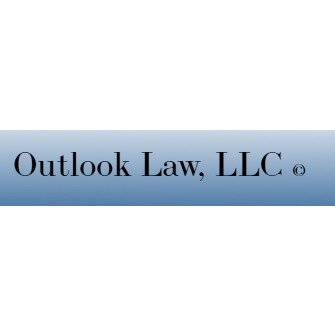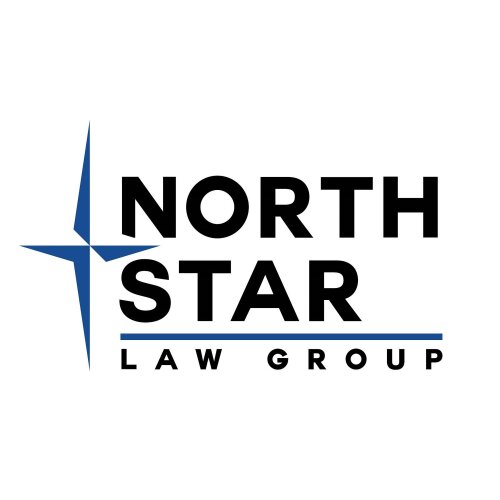Best Lawsuits & Disputes Lawyers in Anchorage
Share your needs with us, get contacted by law firms.
Free. Takes 2 min.
List of the best lawyers in Anchorage, United States
About Lawsuits & Disputes Law in Anchorage, United States
Anchorage, located in the United States, has its own laws and regulations concerning lawsuits and disputes. This area of law deals with legal conflicts and controversies that arise between individuals, businesses, or organizations. Lawsuits and disputes can involve various areas such as personal injury, contract disputes, property disputes, employment disputes, and more.
Why You May Need a Lawyer
While it is possible to navigate lawsuits and disputes without legal representation, there are certain situations where hiring a lawyer is highly recommended. Some common scenarios where legal help may be necessary include:
- When the dispute involves complex legal issues or multiple parties
- When significant amounts of money are at stake
- When dealing with insurance claims and negotiations
- When facing a lawsuit or being sued by another individual, business, or organization
- When seeking to protect your rights and interests in a dispute
Local Laws Overview
In Anchorage, several key aspects of local laws are particularly relevant to lawsuits and disputes. It is important to be aware of the following:
- Statute of Limitations: Anchorage has various statutes of limitations that set a time limit within which a lawsuit must be filed. It is crucial to understand the applicable timeframe for your specific case.
- Tort Law: Anchorage follows tort law principles which govern civil wrongs and any resulting harm or injury. Such cases may include personal injury claims or negligence lawsuits.
- Contract Law: Disputes arising from contracts fall under contract law. Anchorage enforces the terms and conditions of contracts and provides legal remedies if one party breaches the agreement.
- Property Law: Anchorage has specific laws regarding property rights and disputes, including boundary disputes, landlord-tenant issues, and property damage claims.
- Employment Law: Laws related to employment, such as wrongful termination, discrimination, or wage disputes, play a significant role in lawsuits and disputes in Anchorage.
Frequently Asked Questions
Q: How long do I have to file a lawsuit in Anchorage?
A: The statute of limitations varies depending on the type of lawsuit. For personal injury cases, the general time limit is two years from the date of the incident, while contract disputes typically have a time limit of three years. It is always advisable to consult with a lawyer to determine the exact deadline for your case.
Q: Can I represent myself in a lawsuit in Anchorage?
A: Yes, individuals have the right to represent themselves in lawsuits. However, complex legal procedures, rules of evidence, and the expertise of opposing lawyers can make it challenging. It is generally recommended to seek legal representation to ensure your rights are protected and to navigate the legal system more effectively.
Q: How can I find a lawyer specialized in lawsuits and disputes in Anchorage?
A: There are various ways to find a lawyer in Anchorage. You can ask for recommendations from friends, family, or colleagues who have had similar legal issues. Additionally, local bar associations or legal referral services can provide a list of attorneys specializing in lawsuits and disputes in Anchorage.
Q: What are alternative dispute resolution methods available in Anchorage?
A: Anchorage offers alternative dispute resolution methods, such as mediation and arbitration, as alternatives to traditional litigation. These methods aim to resolve disputes outside of court by reaching mutually agreeable solutions with the assistance of a neutral third party. They can be more cost-effective and less time-consuming than going to court.
Q: What should I do if I cannot afford a lawyer for my lawsuit?
A: If you cannot afford a lawyer for your lawsuit, several resources may help. In Anchorage, there may be legal aid organizations that provide free or low-cost legal services to individuals who meet certain income eligibility criteria. You can also inquire about pro bono services offered by law firms or seek assistance from nonprofit organizations specializing in legal assistance.
Additional Resources
For further information and assistance regarding lawsuits and disputes in Anchorage, consider reaching out to the following resources:
- Anchorage Bar Association: https://www.anchoragelawyer.org/
- Alaska Court System: https://www.courts.alaska.gov/
- Legal Services Corporation: https://www.lsc.gov/ - Offers legal aid resources for low-income individuals
Next Steps
If you are currently facing a legal issue or have a dispute that may require legal assistance, the following steps are recommended:
- Evaluate the nature and complexity of your case to determine if legal representation is necessary.
- Research and consult with qualified lawyers who specialize in lawsuits and disputes in Anchorage.
- Discuss the details of your case with potential lawyers to understand your legal rights, options, and potential strategies.
- Consider any costs involved in hiring legal representation and explore available resources for affordable or pro bono services if necessary.
- Once you have chosen a lawyer, follow their guidance and provide them with all the necessary information and documents to proceed with your case effectively.
Lawzana helps you find the best lawyers and law firms in Anchorage through a curated and pre-screened list of qualified legal professionals. Our platform offers rankings and detailed profiles of attorneys and law firms, allowing you to compare based on practice areas, including Lawsuits & Disputes, experience, and client feedback.
Each profile includes a description of the firm's areas of practice, client reviews, team members and partners, year of establishment, spoken languages, office locations, contact information, social media presence, and any published articles or resources. Most firms on our platform speak English and are experienced in both local and international legal matters.
Get a quote from top-rated law firms in Anchorage, United States — quickly, securely, and without unnecessary hassle.
Disclaimer:
The information provided on this page is for general informational purposes only and does not constitute legal advice. While we strive to ensure the accuracy and relevance of the content, legal information may change over time, and interpretations of the law can vary. You should always consult with a qualified legal professional for advice specific to your situation.
We disclaim all liability for actions taken or not taken based on the content of this page. If you believe any information is incorrect or outdated, please contact us, and we will review and update it where appropriate.
Browse lawsuits & disputes law firms by service in Anchorage, United States
Anchorage, United States Attorneys in related practice areas.

















